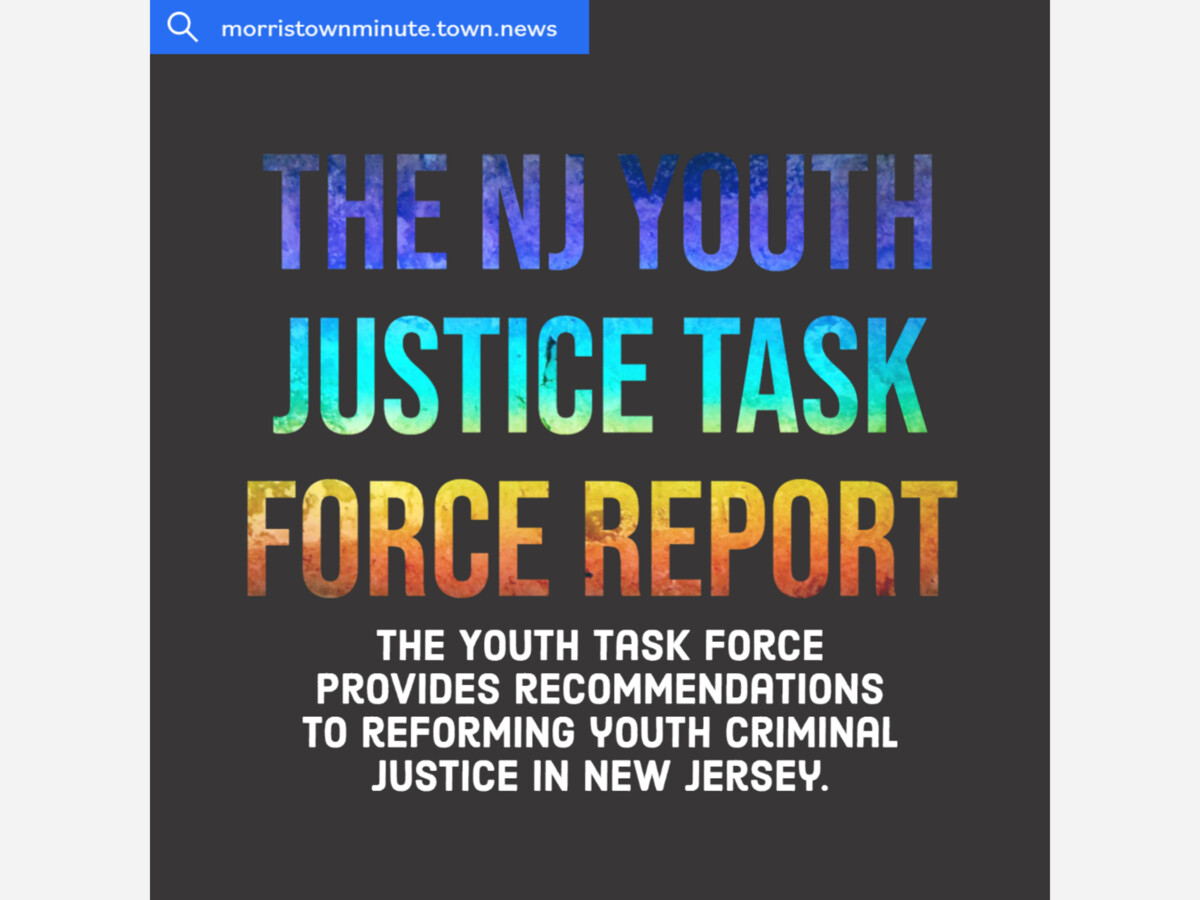Image

“The Task Force, which was created in 2018 when Governor Phil Murphy signed Executive Order No. 42, consists of over a dozen stakeholders involved in all facets of juvenile justice and is charged with providing recommendations to the legislative and executive branches on strategies for continuing the reform of the state’s youth justice system.” – Office of the Governor
New Jersey’s Youth Task Force aims to create a safer, fairer, more equitable juvenile justice system by tackling the large racial disparities in youth incarceration rates.
This week the Youth Task Force released the Youth Justice Task Force Report, analyzing the rate and methods of youth incarceration in New Jersey.
The report consists of four major parts, broken down by four task force subcommittees:
Before the pandemic, more than 900 NJ residents engaged with the Task Force, sharing their lived experiences with the criminal justice system in our state.
The Task Force also heard from criminal justice experts, impacted youth, and leaders of current youth criminal justice programs.
“While working toward a vision of New Jersey where no children are incarcerated, we also recognize that current sentencing laws, which allows prosecutors to charge children in adult court, necessarily mean that some children will be imprisoned in high-security facilities away from home,” said Alexander Shalom, Esq., Senior Supervising Attorney, ACLU of NJ. “Until we can eliminate youth prisons altogether, we support the Task Force’s recommendation to create smaller facilities that operate under a model of trauma-informed care, where children can maintain closer contact with their families and have access to more space and programming. Above all, New Jersey must invest far more money in keeping kids out of prison than keeping them in.”
Youth Task Force Report Findings:
- From 2003 to 2018 the number of youths in detention dropped by 70%, from about 12,000 to 2,300 per year, with youth of color accounting for over 90% of the decrease.
- Legislation has also been passed to ensure juveniles sentenced to incarceration in the adult detention system can initially serve their time in a youth facility instead of an adult prison. Many young people incarcerated remain in the custody of the Juvenile Justice Commission (JJC) until their early 20s.
- New Jersey struggles with racial disparities in the criminal justice system that are among the worst in the nation.
- The report calls for a $100 million investment in New Jersey’s criminal justice reform to battle racial disparities in youth incarceration.
Read the full report on the Task Force’s findings and recommendations here.
Follow Morristown Minute on Facebook, Instagram, and Twitter for more state and local updates!